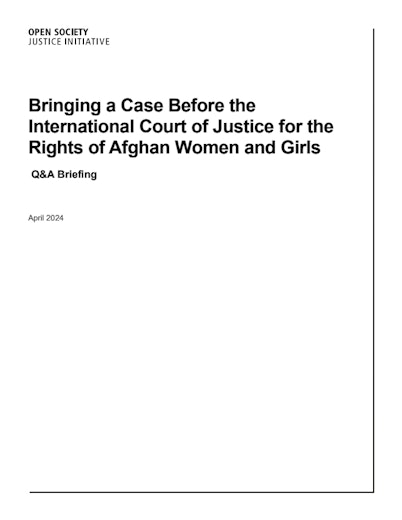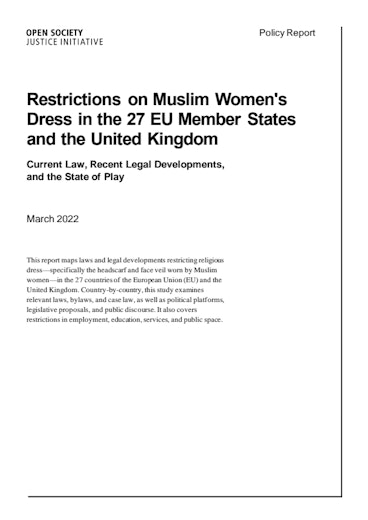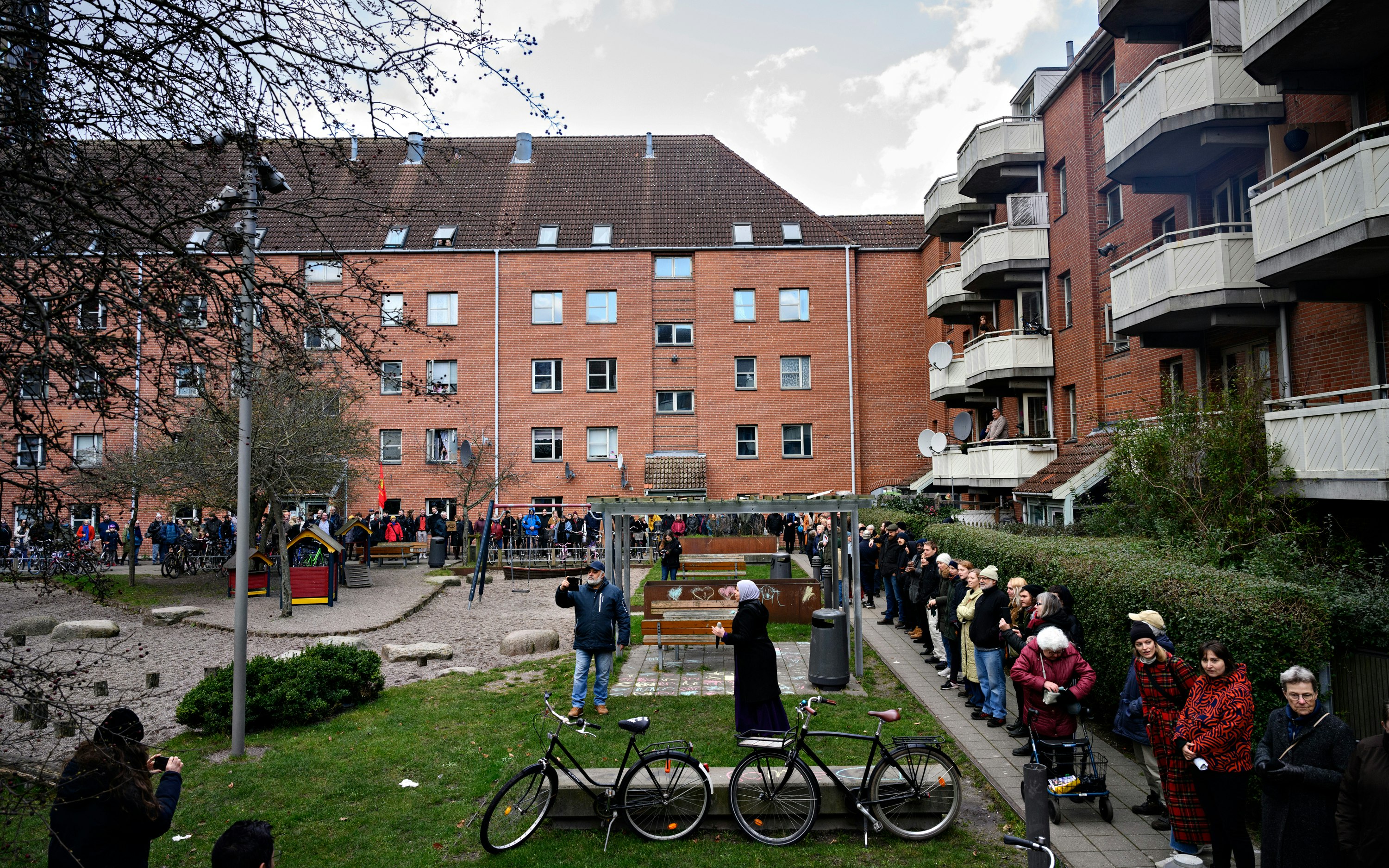Fadia v. Diakonisches Werk Hamburg
Discrimination in Employment
Yesim Fadia applied for a job with a Christian charity providing advice on migrant labor and integration. She was invited for an interview and was asked if she would become a Christian. She declined to do so, and her application was rejected. (Keywords: Discrimination - ECJ Referral - Employment)
Facts
In 2006 Fadia, a German citizen of Turkish-origin, applied for a job as migrant labor and integration counselor with a large Christian organization Diakonisches Werk Hamburg (DWK). She was invited for an interview and was asked at the interview if she was or would become a Christian, since Christianity was one of the job requirements. Fadia is not religious and said that she would not convert to Christianity. She was subsequently barred from further participation in the job selection process.
Fadia made a claim for discrimination against DKW with the Hamburg Labor Court. The court found that religious affiliation is not an occupational requirement for a job as a counselor for migrants and that DWK's refusal to hire her constituted unlawful direct religious discrimination. It also found, contrary to Fadia's allegation, that the differential treatment she had received did not constitute indirect discrimination on the grounds of ethnicity.
DKW appealed the decision, arguing—for the first time—that even if Fadia were Christian or willing to convert she would not have been given the job because she supposedly lacked the necessary qualifications. The Hamburg Labor Court of Appeal accepted this new argument and rejected her claim without considering the question of discrimination. Fadia lodged a request for leave to appeal to the German Supreme Labor Court. The court granted the appeal and the case is currently pending.
Open Society Justice Initiative Involvement
The Open Society Justice Initiative submitted an expert opinion to the domestic courts stating that DKW's practice of refusing to employ anyone who is not a Christian amounts to direct discrimination on grounds of religion in breach of the EU Employment Framework Directive, and indirect discrimination on grounds of ethnic origin, in breach of the EU Racial Equality Directive.
Arguments
Direct Discrimination. Further consideration of Fadia's job application was refused on religious grounds, on the basis that religious organizations have the right to employ solely staff of their own religion, no matter what the position entails. The Justice Initiative argued that to be consistent with the EU Employment Framework Directive, religion must constitute a genuine occupational requirement for the job at issue. The treatment was direct discrimination on the basis of religion, in violation of Article 14 ECHR (prohibition of discrimination).
Indirect Discrimination. Discrimination on grounds of ethnicity violates the Racial Equality Directive. The Justice Initiative argued that the requirement of DKW that that the position of migrant labor and integration counselor must be restricted to Christians adversely, unnecessarily, and disproportionately affects the part of the population in Germany to which she belongs, that of Turkish ethnic origin, of which a large majority is non-Christian. This amounts to indirect discrimination on grounds of ethnicity, in breach of the Racial Equality Directive and Article 14 ECHR.
The case is still pending before the German Supreme Labor Court in Erfurt.
Leave to appeal granted by the Federal Labor Court.
Request for leave to appeal filed with the Federal Labor Court.
The Justice Initiative submits expert opinion to the Hamburg Labor Court of Appeal.
The Justice Initiative submits expert opinion to the Hamburg Labor Court of Appeal.
Judgment of Hamburg Labor Court.
Related Cases
D.H. and Others v. Czech Republic
In 2007, the European Court of Human Rights ruled that Roma children in the Czech Republic face systematic discrimination. But the Czech government has yet to take steps to remedy continuing school segregation.
Omerovic and Others v. Italy
In 2008 Italy introduced emergency legislation that applied only to Roma. The Omerovic family brought a legal action with nine other claimants to challenge this discriminatory treatment.
Dutch Caribbean Consultative Body v. Data Protection Authority
This case challenges the Dutch government’s attempt to create a database of all youths of Antillean descent.
Related Work
Q&A: Bringing a Case Before the International Court of Justice for the Rights of Afghan Women and Girls
This paper considers 21 questions around the feasibility of bringing a complaint at the International Court of Justice against Afghanistan's Taliban for egregious and prevalent violations of women’s and girls’ rights.

Restrictions on Muslim Women's Dress in the 27 EU Member States and the United Kingdom
This policy brief and accompanying fact sheet map EU and UK laws and pending legislation restricting religious dress—specifically the headscarf and face veil worn by Muslim women.

Evidence Suggests Evictions in a Danish Neighborhood were Racially Biased. Now the Case is Before the High Court.
This case may set an important precedent for standards for discrimination in Denmark.
